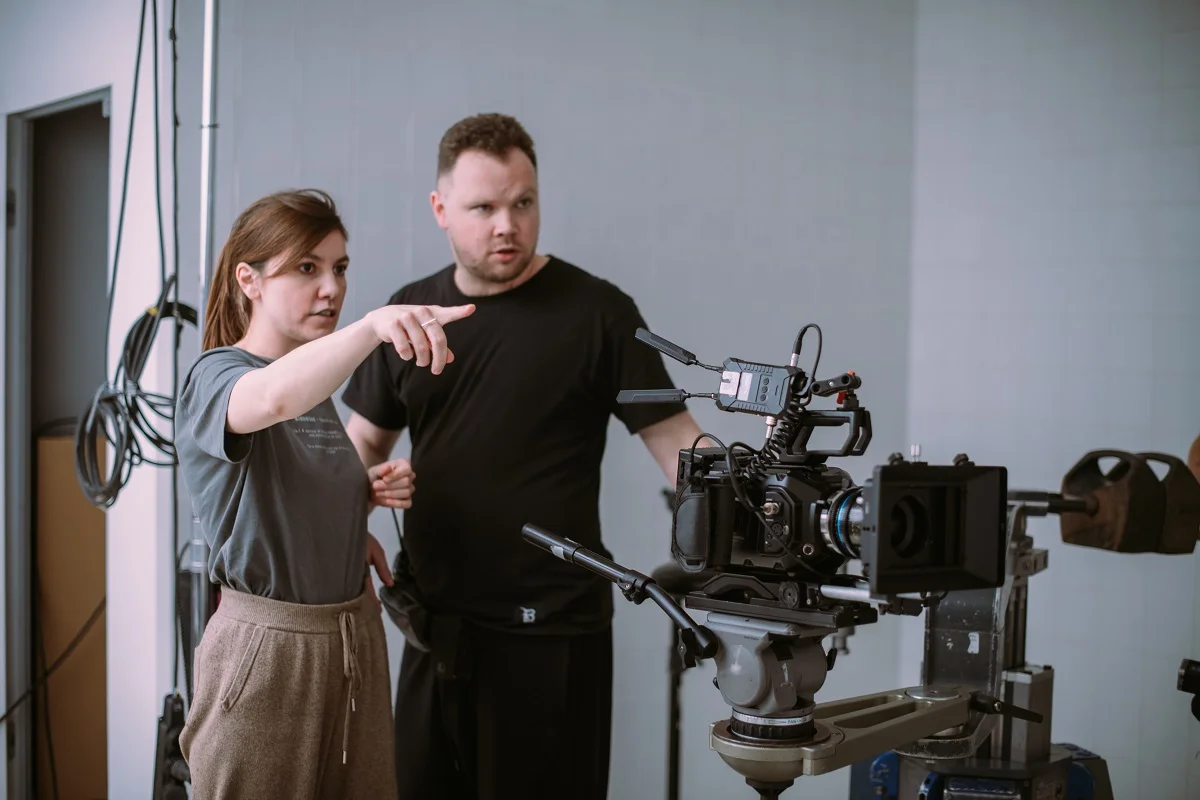The Field of Special Effects Production
The field of special effects production is a fascinating and dynamic one, encompassing various techniques and technologies to create stunning visual experiences in film, television, and other forms of media. A special effects producer plays a crucial role in this process, overseeing the planning, coordination, and execution of special effects elements in a production. In this article, we will explore the responsibilities, skills, and educational paths of a special effects producer, as well as provide insights into the industry and tips for aspiring professionals.
Key Responsibilities of a Special Effects Producer
To begin with, let’s delve into the key responsibilities of a special effects producer. Their primary role is to collaborate with directors, producers, and other members of the production team to understand the creative vision and requirements of a project. They then develop a comprehensive plan for incorporating special effects, ensuring that it aligns with the budget and timeline of the production. This involves coordinating with various departments, such as visual effects, art direction, and production design, to ensure seamless integration of practical and digital effects.
Furthermore, a special effects producer is responsible for managing the special effects crew, which may include pyrotechnicians, animators, model makers, and technicians. They oversee the execution of special effects sequences on set, ensuring the safety of the cast and crew while maintaining the integrity of the creative vision. This requires strong leadership and communication skills, as well as the ability to adapt to unforeseen challenges that may arise during production.
Skills and Knowledge of a Special Effects Producer
In addition to these responsibilities, a special effects producer must possess a diverse range of skills and knowledge. They should have a solid understanding of the technical aspects of special effects, including the use of explosives, mechanical rigs, and computer-generated imagery (CGI). Familiarity with industry-standard software and equipment is crucial for effective coordination and communication with the special effects team. Moreover, a keen eye for detail and a creative mindset are essential for conceptualizing and executing unique and memorable special effects sequences.
Educational Paths for Aspiring Special Effects Producers
While formal education is not always a requirement for becoming a special effects producer, pursuing relevant training and education can greatly enhance your career prospects. Several universities and institutions offer specialized programs in visual effects, animation, or film production that provide hands-on experience and industry connections. For example, New York University (NYU) offers a renowned program in the Tisch School of the Arts, which covers various aspects of film production, including special effects.
For those who prefer a more flexible and self-paced learning approach, online courses can be a valuable resource. Yellowbrick, for instance, offers an online course called “Entertainment and NYU Business of Entertainment” that provides insights into the entertainment industry, including special effects production. These courses often include practical assignments and industry connections that can help aspiring special effects producers gain a competitive edge in the field.
Key Takeaways
- Special effects producers play a crucial role in planning, coordinating, and executing special effects elements in productions.
- They collaborate with the production team to understand the creative vision and develop comprehensive plans for incorporating special effects.
- Managing the special effects crew and ensuring safety on set are important responsibilities for special effects producers.
- Technical knowledge, creativity, and strong organizational skills are essential for success in this field.
- Pursuing relevant training and education can enhance career prospects, with institutions like NYU and Parsons offering specialized programs.
- Online courses, such as Yellowbrick’s Entertainment and NYU Business of Entertainment, provide valuable insights and industry connections.
If you’re passionate about visual storytelling and want to pursue a career as a special effects producer, consider taking the NYU Business of Entertainment online course and certificate program offered by Yellowbrick. This course will provide you with in-depth knowledge of the entertainment industry, including special effects production, and equip you with the skills and connections necessary to succeed in this exciting field. Don’t miss out on this opportunity to take your first step towards a rewarding career in special effects production!








